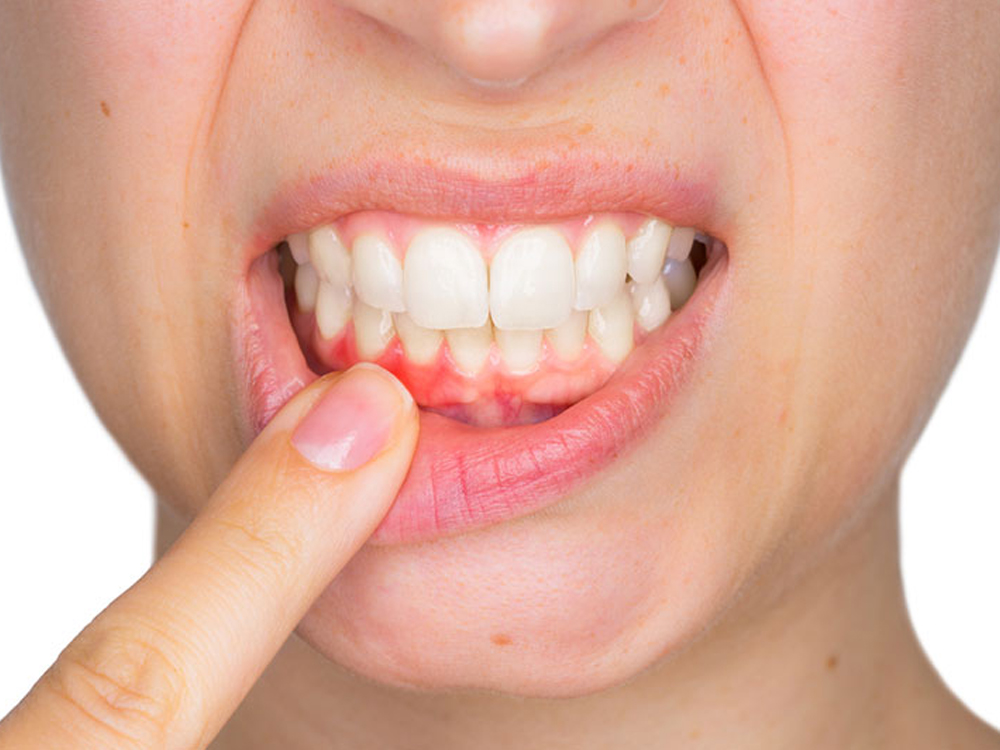Periodontal (gum) treatment is a branch of dentistry focused on the health of the gums and supporting structures of the teeth. Gum disease, also known as periodontitis, is a serious condition that can lead to tooth loss if left untreated. It begins as gingivitis (gum inflammation) and can progress to more severe infections affecting the bone and connective tissue.
Common Signs of Gum Disease
Bleeding while brushing or flossing
Red, swollen, or tender gums
Receding gums or longer-looking teeth
Bad breath (halitosis)
Loose or shifting teeth
Pain when chewing
Periodontal Treatments
Professional Cleaning (Scaling & Root Planing): Removes plaque and tartar below the gumline.
Antibiotic Therapy: Local or systemic antibiotics to control infection.
Surgical Treatments: Gum flap surgery, bone grafts, or tissue regeneration.
Laser Periodontal Therapy: A minimally invasive option to treat infected tissue.
Why Gum Treatment Is Important
Prevents tooth loss
Maintains jawbone health
Improves breath and overall oral hygiene
Essential for long-term dental treatments (implants, crowns, etc.)
Linked to better heart and systemic health
❓ Top 10 FAQs About Gum Treatmen
Is gum disease reversible?
Gingivitis is reversible; periodontitis can be managed but not fully reversed.Does treatment hurt?
No, most procedures are done under local anesthesia and cause minimal discomfort.How often should I get periodontal cleaning?
Every 3–6 months depending on severity.Can gum disease cause tooth loss?
Yes, if left untreated, it can destroy bone and lead to tooth loss.What causes gum disease?
Poor oral hygiene, smoking, genetics, diabetes, and hormonal changes.Will my gums grow back after treatment?
In some cases, no—but surgeries can help regenerate tissue.Is bad breath related to gum disease?
Yes, chronic bad breath is often a sign of gum infection.Can I get implants if I have gum disease?
Not until the disease is treated and under control.How can I prevent it?
Brush twice daily, floss, and visit your dentist regularly.Is gum disease contagious?
Not exactly, but bacteria can be shared through saliva.








